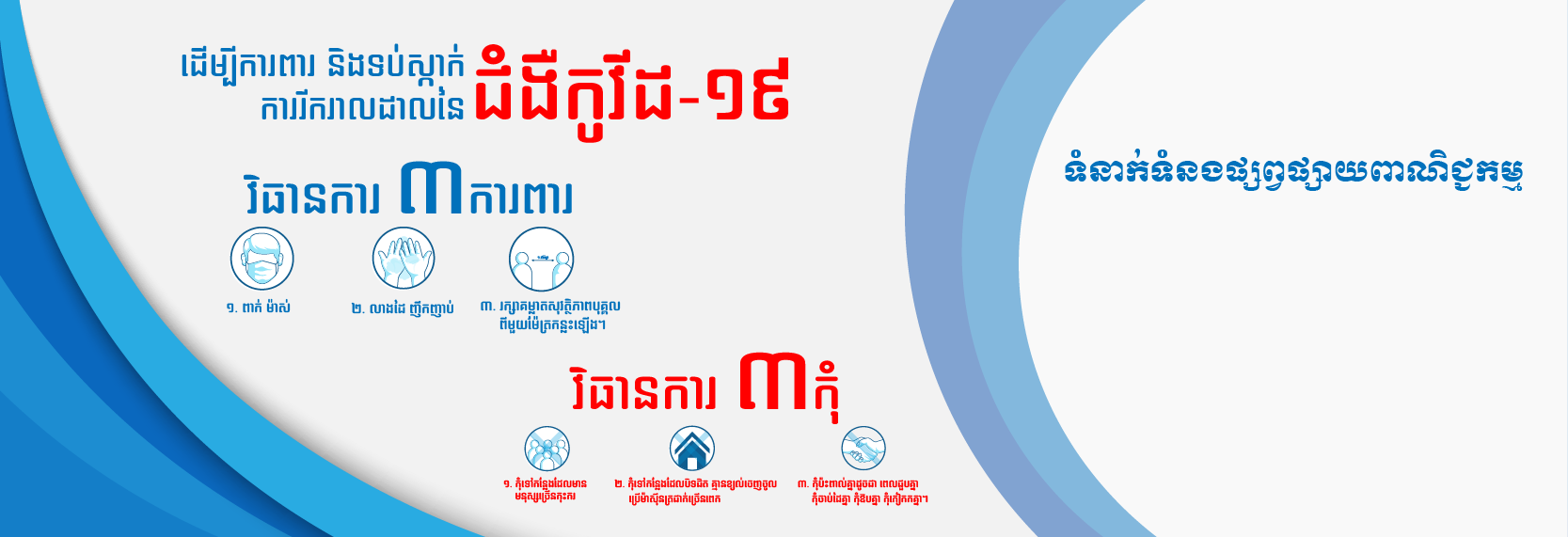Betting in Karavanbet is a ubiquitous practice that transcends ethnicities and age cohorts, magnetizing participants from all backgrounds. Recognizing the cognitive processes behind why individuals engage in gaming and how it impacts their actions is critical for both individuals and communities. This inspection dives into the motivators, psychological processes , and behavioral outputs linked to gaming.
Gambling Motivations Karavan bet casino giriş
People are drawn to betting for multifarious stimuli, including the stimulation of engaging in risk to the allure of possible financial gains. Some of the primary drives represent:
- Thrill and Amusement: The variable essence of wagering supplies a surge of hormones and excitement, making it an fun activity for numerous.
- Monetary Gain: The chance of earning tremendous sums of money serves a substantial reason, pushing participants to engage in randomized games.
- Social Interaction: Betting often occurs in social contexts, such as betting establishments or casino events, developing a communal bonding and rapport among users.
- Escape from Reality: For some, gambling renders a temporary distraction from daily strains and personal setbacks, granting a distraction from actual life challenges.
- Challenge and Ability: Some forms of gambling, like sic bo, necessitate tactics and skill, captivating to those who enjoy thought-provoking challenges.
Psychological Dynamics in Gambling
The act of gambling invokes numerous psychological functions that can direct behavior and decision processes:
Reward Pathway Activation: Wagering triggers the brain’s pleasure networks, releasing dopamine, a chemical signal connected with contentment and validation. This chemical response validates the hunger to persevere wagering Karavan bet giriş.
Cognitive Biases: Gamblers often show cognitive heuristics, such as the illusion of power, where they assume they can control random events, and the gambler’s illusion, the deluded belief that earlier occurrences control future probabilities.
Risk Appraisal: Participants vary in their comprehension of danger and benefit, modifying their keenness to engage in in gaming. Certain people may minimize the odds against them, leading to more gambling conduct.
Behavioral Patterns Effects of Betting Ventures
While wagering can be a spring of pastime and social collaboration activities, it also has significant conduct-oriented outcomes , both favorable and toxic:
Beneficial Affections Karavanbet gaming: For some, wagering makes accessible a buoyant and engaging pastime that upgrades community ties and delivers a feeling of proficiency when realizations occur. It can also expedite brain functions like strategic initiatives and decision-making practices.
Destructive Impressions : Unbounded gaming can bring about a diversity of of deleterious detrimental results, including economic hardships, strained affiliations, and psychological concerns such as apprehension, and depression.
Problem gambling, or gambling dependency, is described by an uncontrollable craving to engage in gambling despite malevolent effects, often demanding professional support.
Behavioral Indicators : Unbroken gamers may turn into specific categories of behavioral styles , such as recovering deficits by continuing to wager in an strive to recover past deficits . This can set off a negative cycle of accumulating debt and psychological distress.
The psychological psychology of betting is a sophisticated interplay of motivating factors, cognitive activities, and behavioral results . While gambling can supply vitality, social participation, and the vivacity of expected rewards, it also introduces dangers of obsession and spiteful life consequences . Grasping these psychological components is key for launching effective prevention and treatment outlines for gambling problems . By empowering awareness and nurturing responsible gaming guidelines, humans can benefit from the entertainment advantages of betting while checking its potential harmful consequences.




